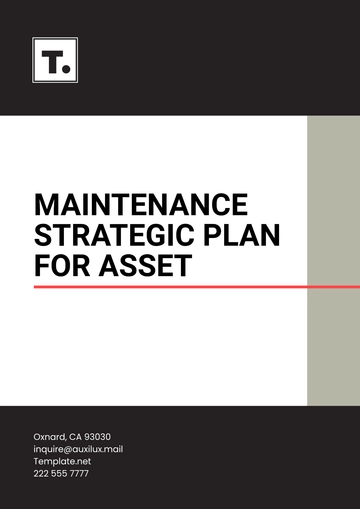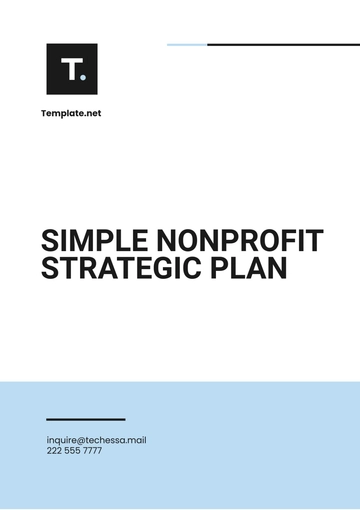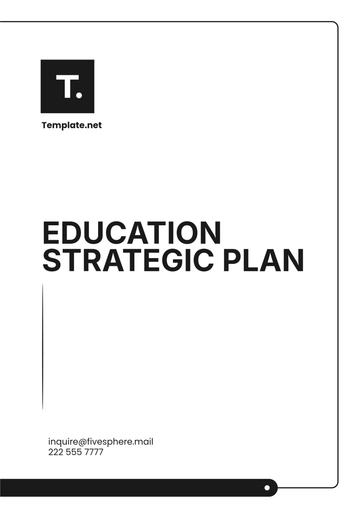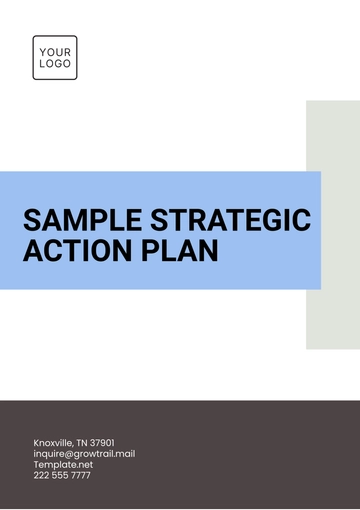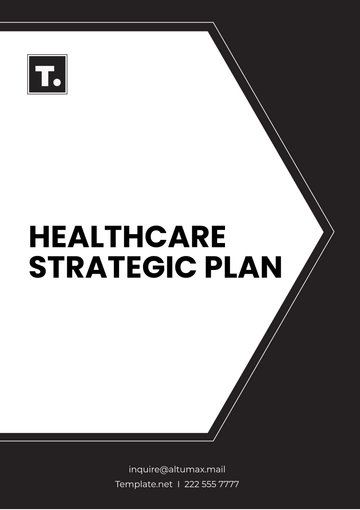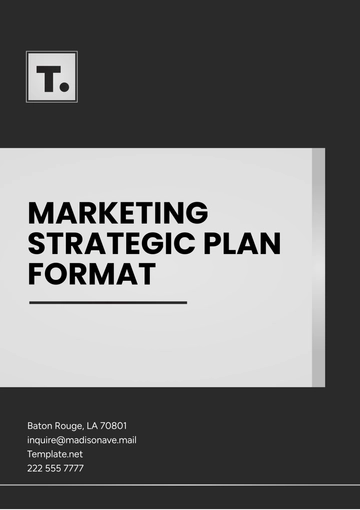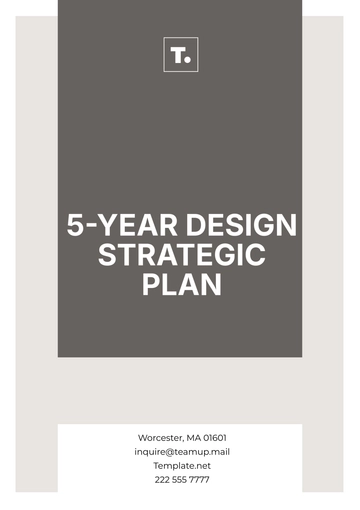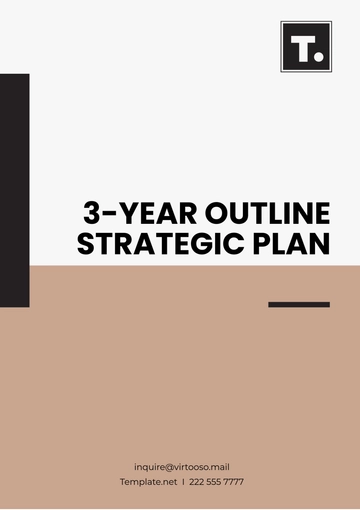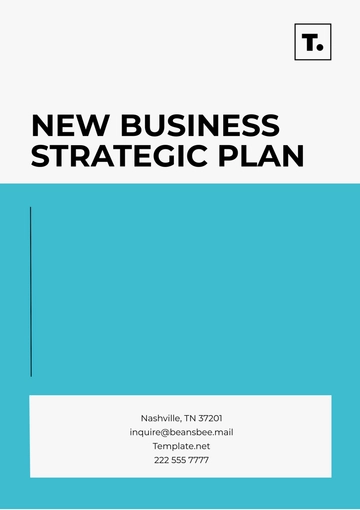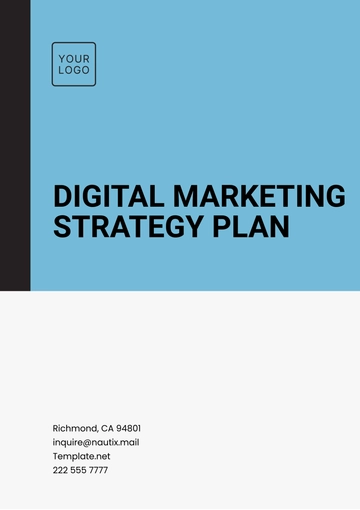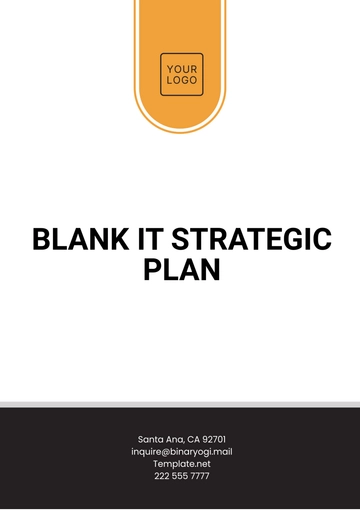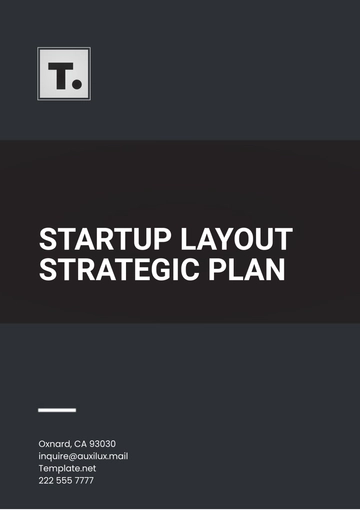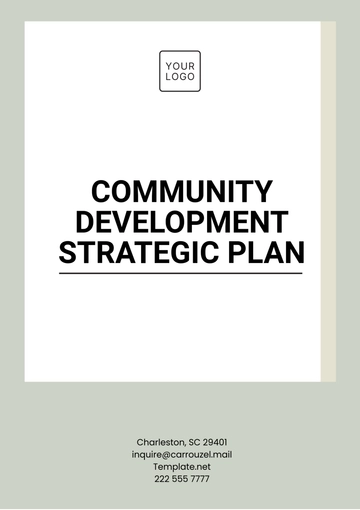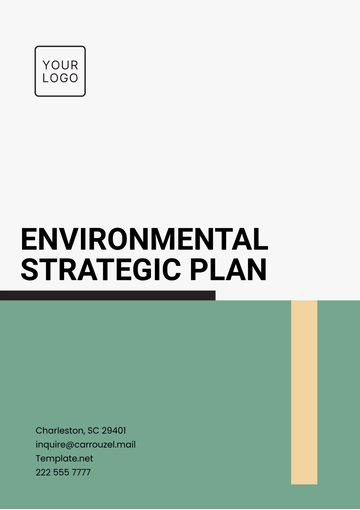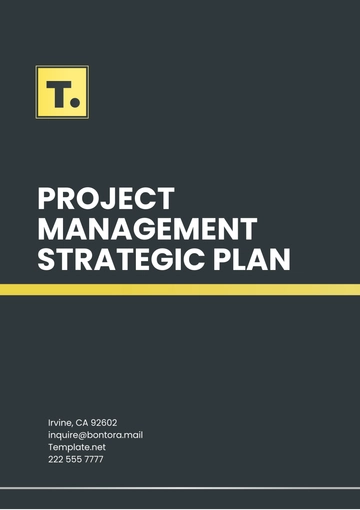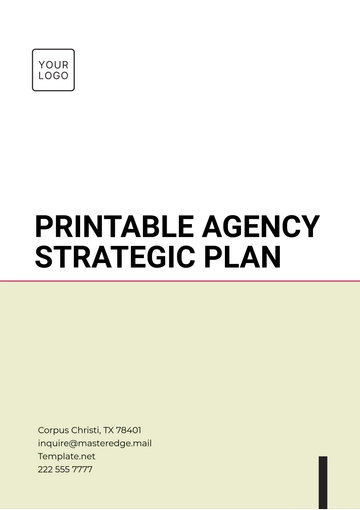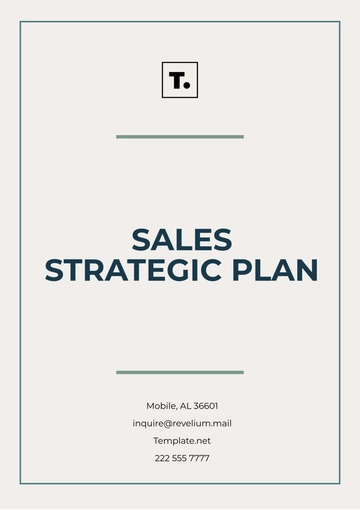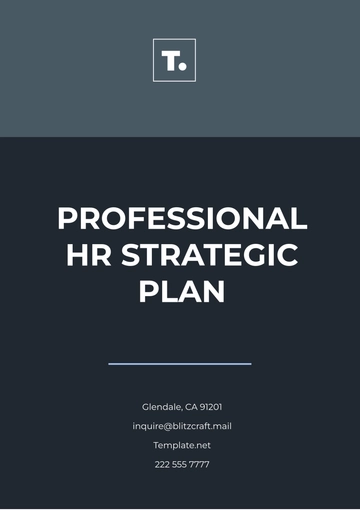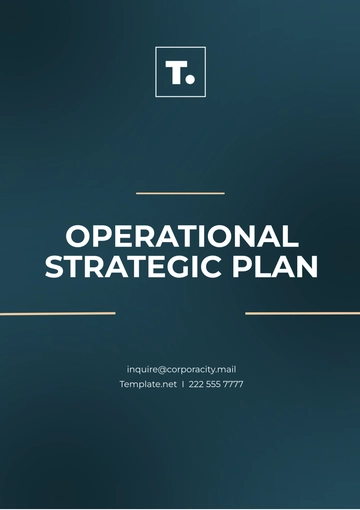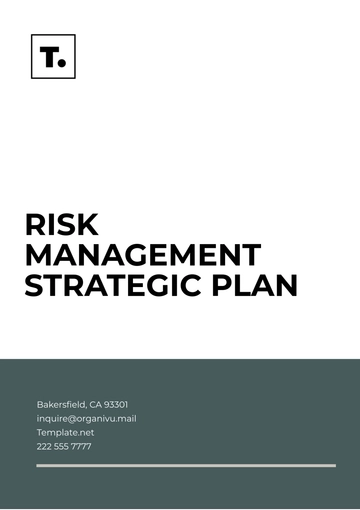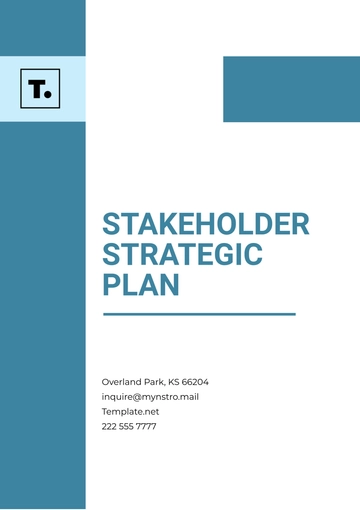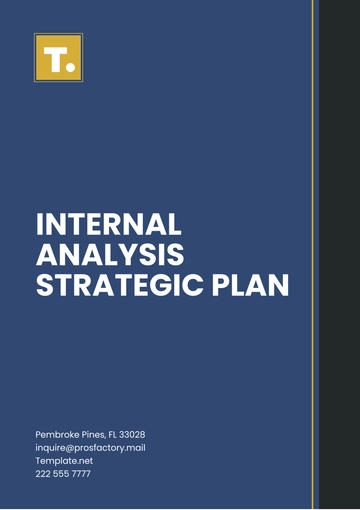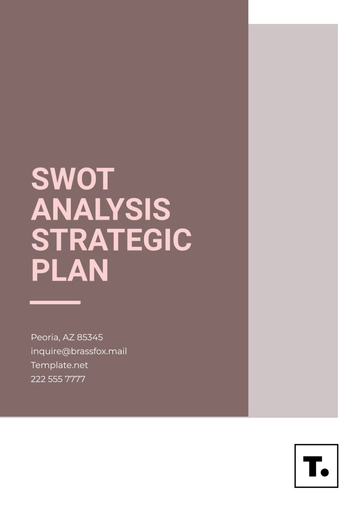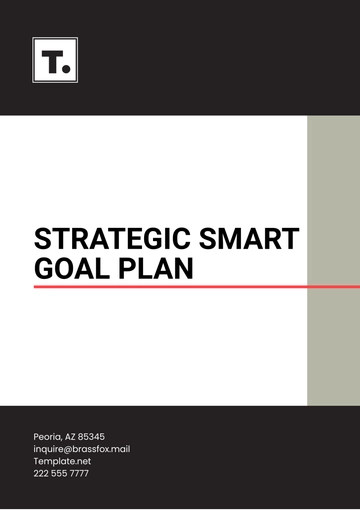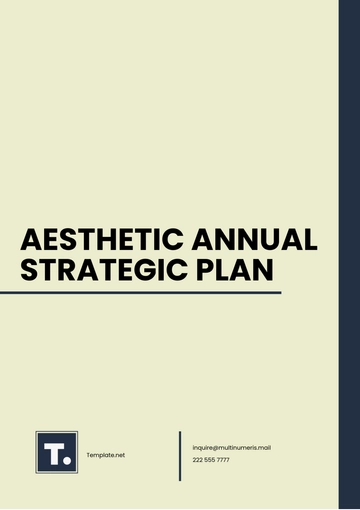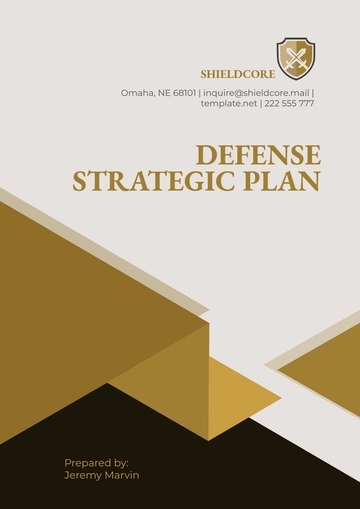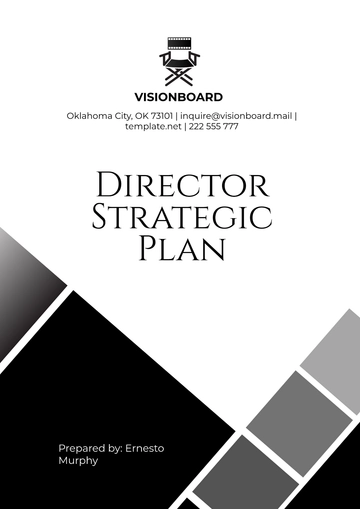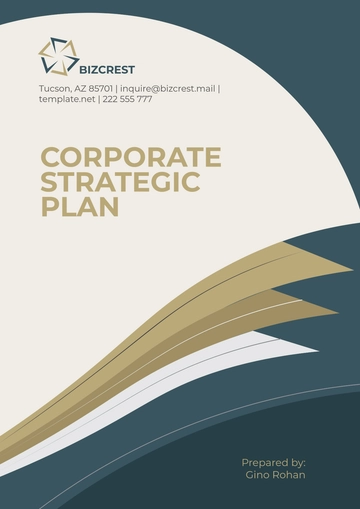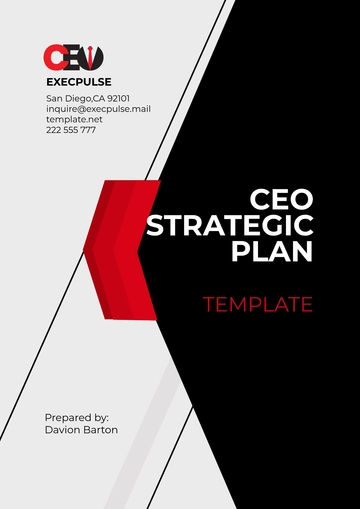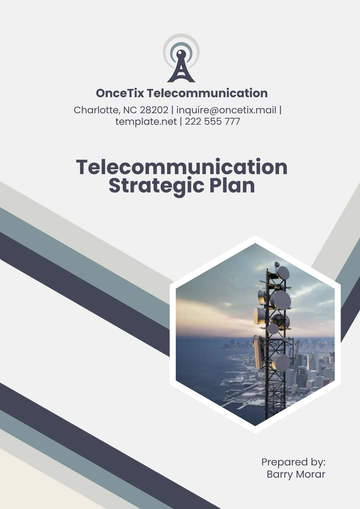Free Professional Hospitality Marketing Strategic Plan
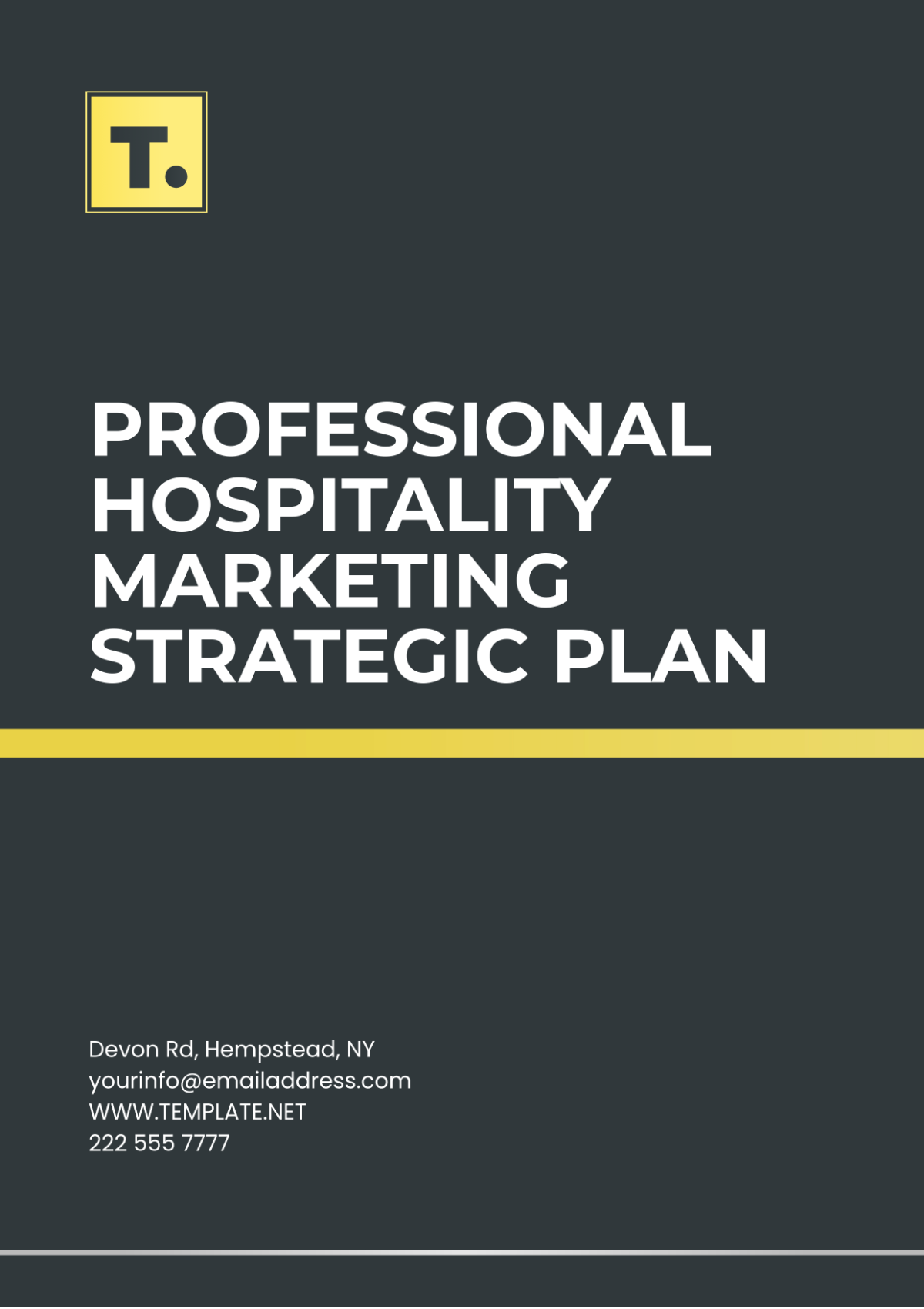
Prepared by: [YOUR NAME]
Date: [DATE]
I. Executive Summary
The global hospitality industry has experienced unprecedented changes over the past few years. As the industry navigates these changes, this strategic marketing plan aims to enhance the competitive advantage of our hospitality business by focusing on key areas such as brand positioning, customer engagement, and digital transformation.
II. Market Analysis
The hospitality industry is thriving with opportunities emerging in different segments. Understanding consumer behavior patterns, market trends, and competitor strategies is crucial for capitalizing on these opportunities.
A. Industry Trends
Increasing demand for sustainable and eco-friendly options.
Rise in digital marketing and online engagement.
Heightened preference for personalized experiences.
B. Competitive Landscape
Key competitors in the industry include global hotel chains, boutique hotels, and emerging players. Our competitive advantage lies in our ability to offer unique customer experiences combined with strategic location advantages.
Competitor | Strengths | Weaknesses |
|---|---|---|
Global Chains | Brand Recognition, Extensive Resources | Lack of personalized service, High overhead costs |
Boutique Hotels | Unique experiences, Tailored services | Limited scale, Higher price points |
III. Target Audience
Our targeted demographic includes leisure travelers, business professionals, and event planners. Understanding their needs and preferences is key to crafting meaningful marketing messages and offers.
Demographics
Age Range: 25-65
Annual Income: $50,000+
Travel Frequency: 2-5 times annually
IV. Marketing Objectives
Our primary objectives are to increase brand awareness, enhance customer retention, and boost occupancy rates. Implementing measurable strategies will be critical in tracking our progress toward these objectives.
SMART Objectives
Increase social media engagement by 30% over the next six months.
Enhance loyalty program membership by 20% within the next year.
Achieve a 15% growth in direct bookings through the website within the next nine months.
V. Marketing Strategies
The strategies outlined in this plan will focus on digital marketing, partnerships, and personalized customer experiences.
A. Digital Marketing
Leveraging SEO, PPC, and social media campaigns to reach and engage a broader audience. Special focus on content marketing and influencer partnerships.
B. Partnerships and Networking
Collaborate with travel agencies and corporate organizations.
Partner with local attractions and event organizers.
C. Customer Experience
Investing in staff training and CRM systems to provide exceptional customer service and personalized experiences tailored to individual guest preferences.
VI. Budget Allocation
Allocating resources efficiently is crucial for implementing our marketing strategies. The proposed budget focuses on maximizing returns from various marketing channels.
Marketing Channel | Budget Allocation (%) |
|---|---|
Digital Marketing (SEO, PPC) | 40% |
Traditional Advertising | 20% |
Partnerships | 20% |
Customer Experience Enhancements | 20% |
VII. Monitoring and Evaluation
Regularly assessing the effectiveness of our marketing efforts is crucial. Implementing key performance indicators (KPIs) will aid in tracking progress and facilitating adjustments to our strategies when necessary.
KPIs
Engagement metrics on social media platforms.
Customer feedback and satisfaction scores.
Revenue growth against projected targets.
Occupancy rates and repeat customer statistics.
This strategic marketing plan is designed to not only address the demands of the current market but also to position our hospitality services for sustainable growth and long-term success. Continuous adaptation and creative marketing approaches will ensure that our brand remains a leader in the hospitality industry.
- 100% Customizable, free editor
- Access 1 Million+ Templates, photo’s & graphics
- Download or share as a template
- Click and replace photos, graphics, text, backgrounds
- Resize, crop, AI write & more
- Access advanced editor
